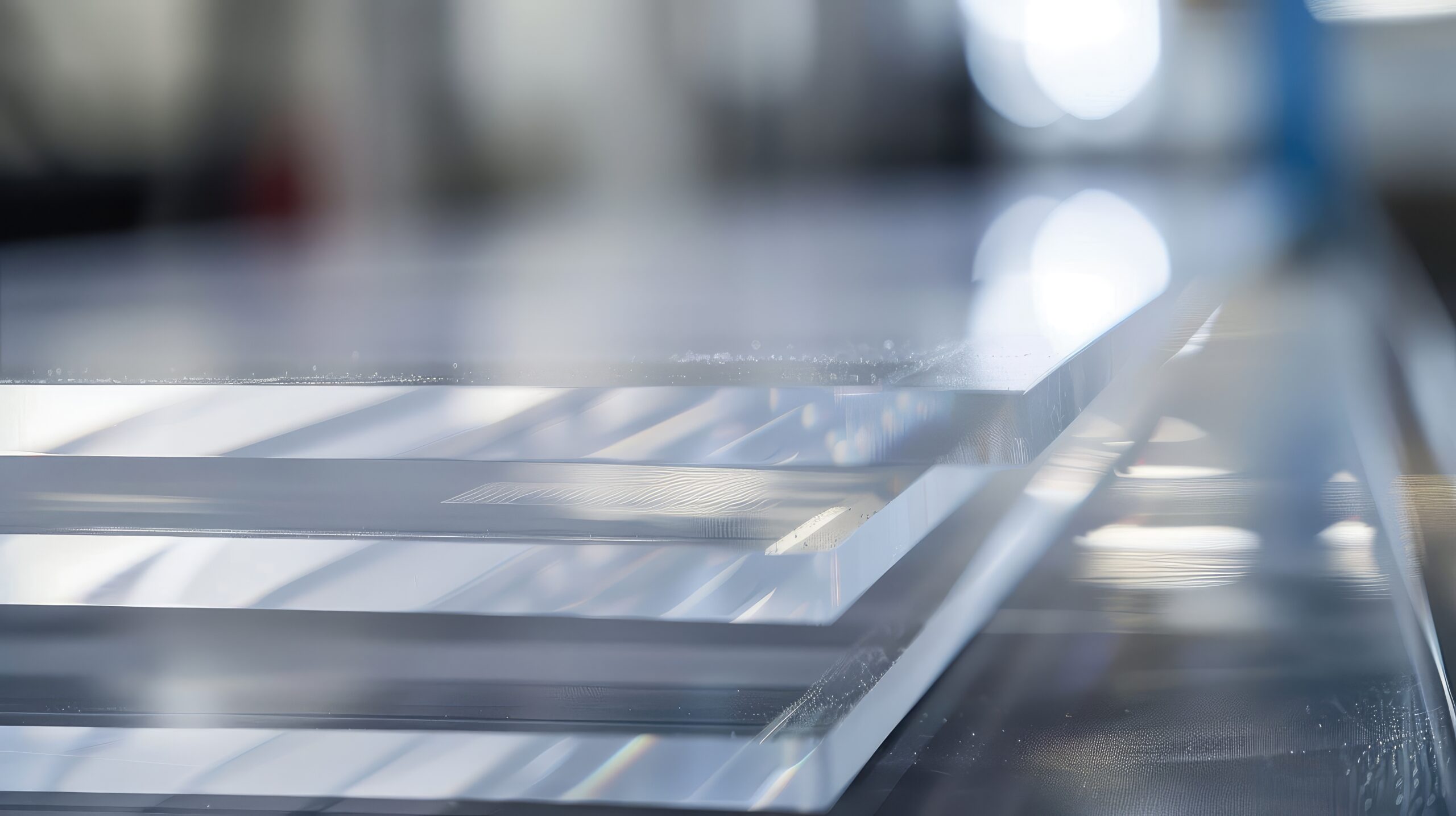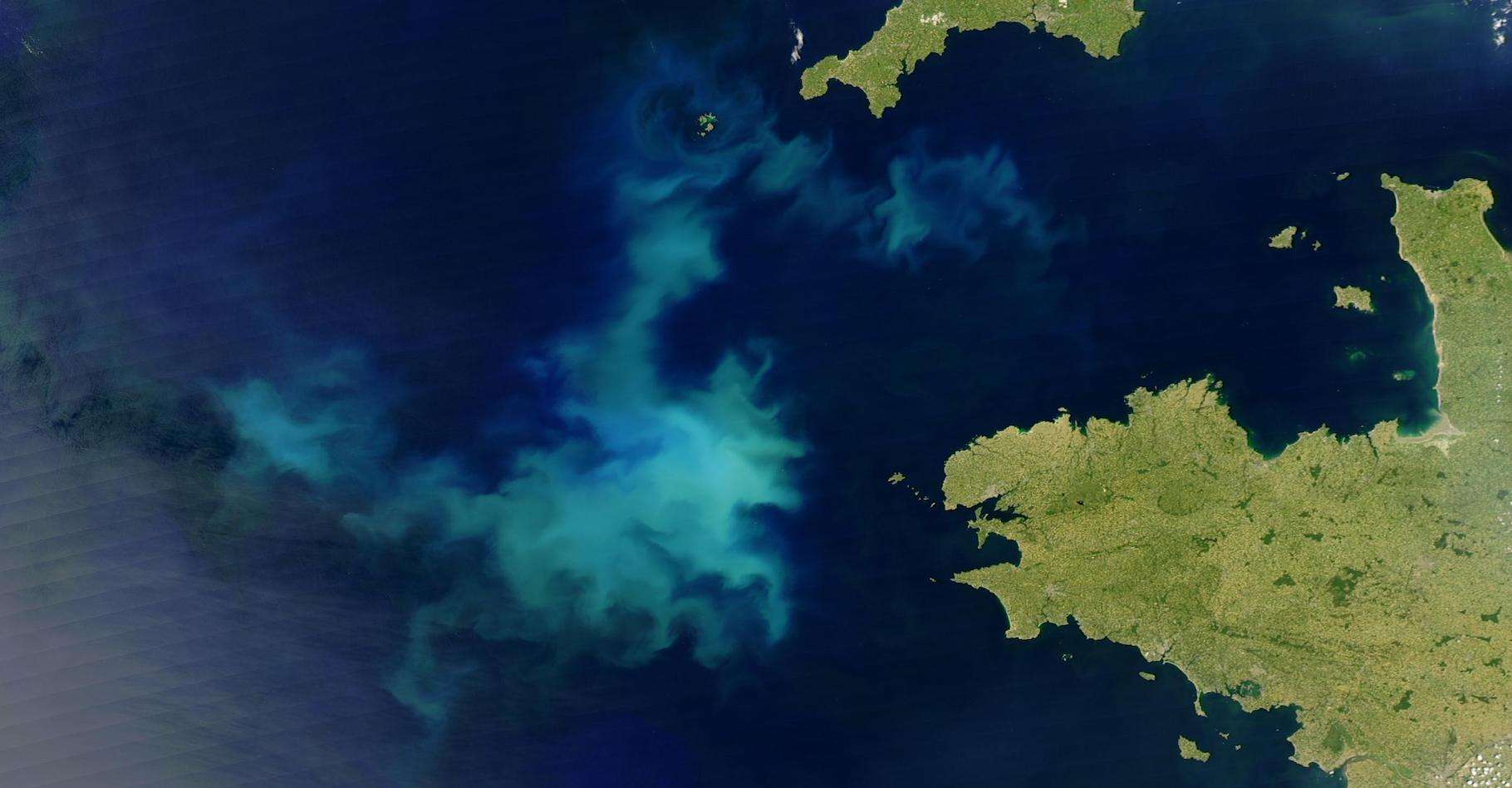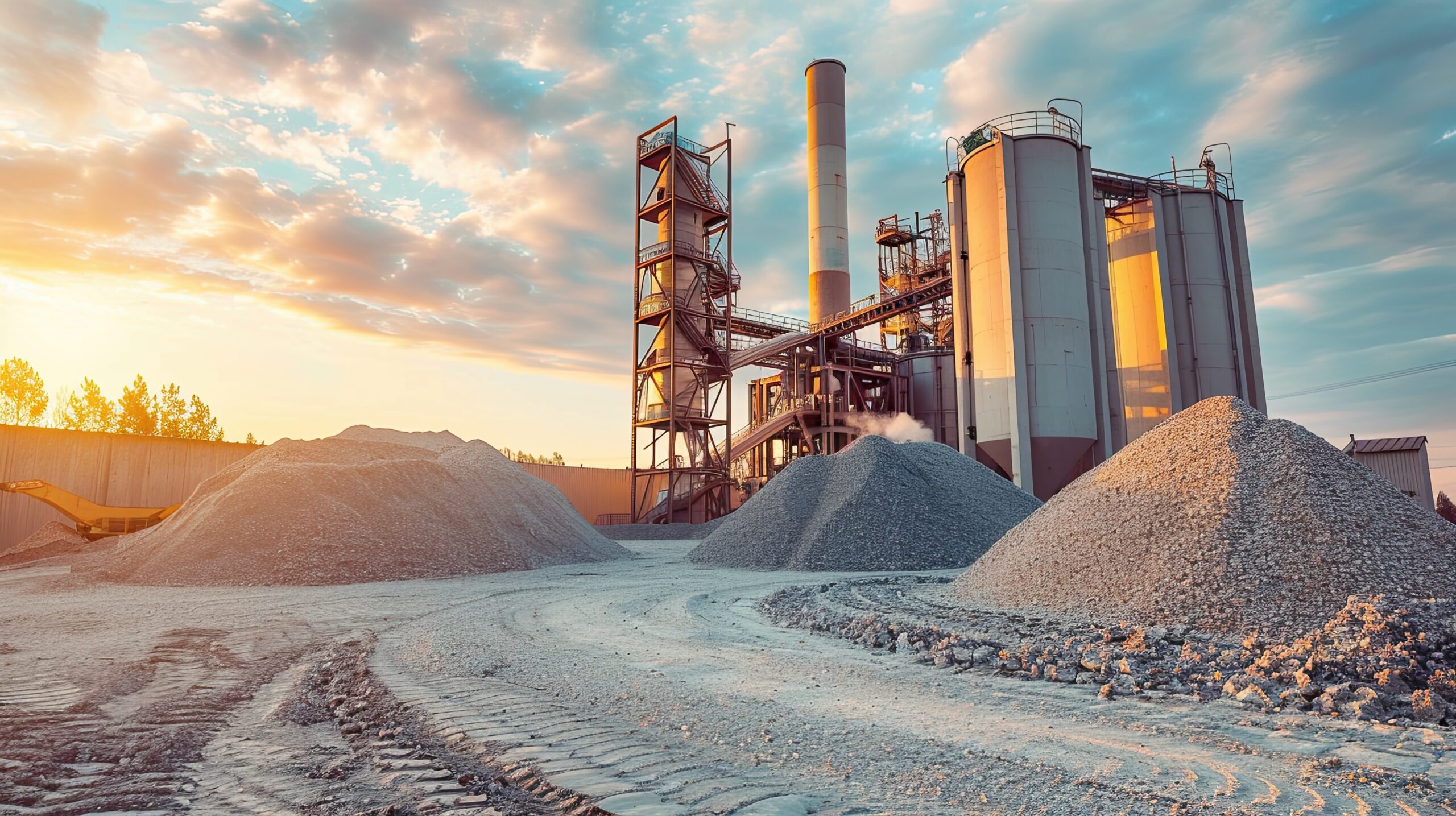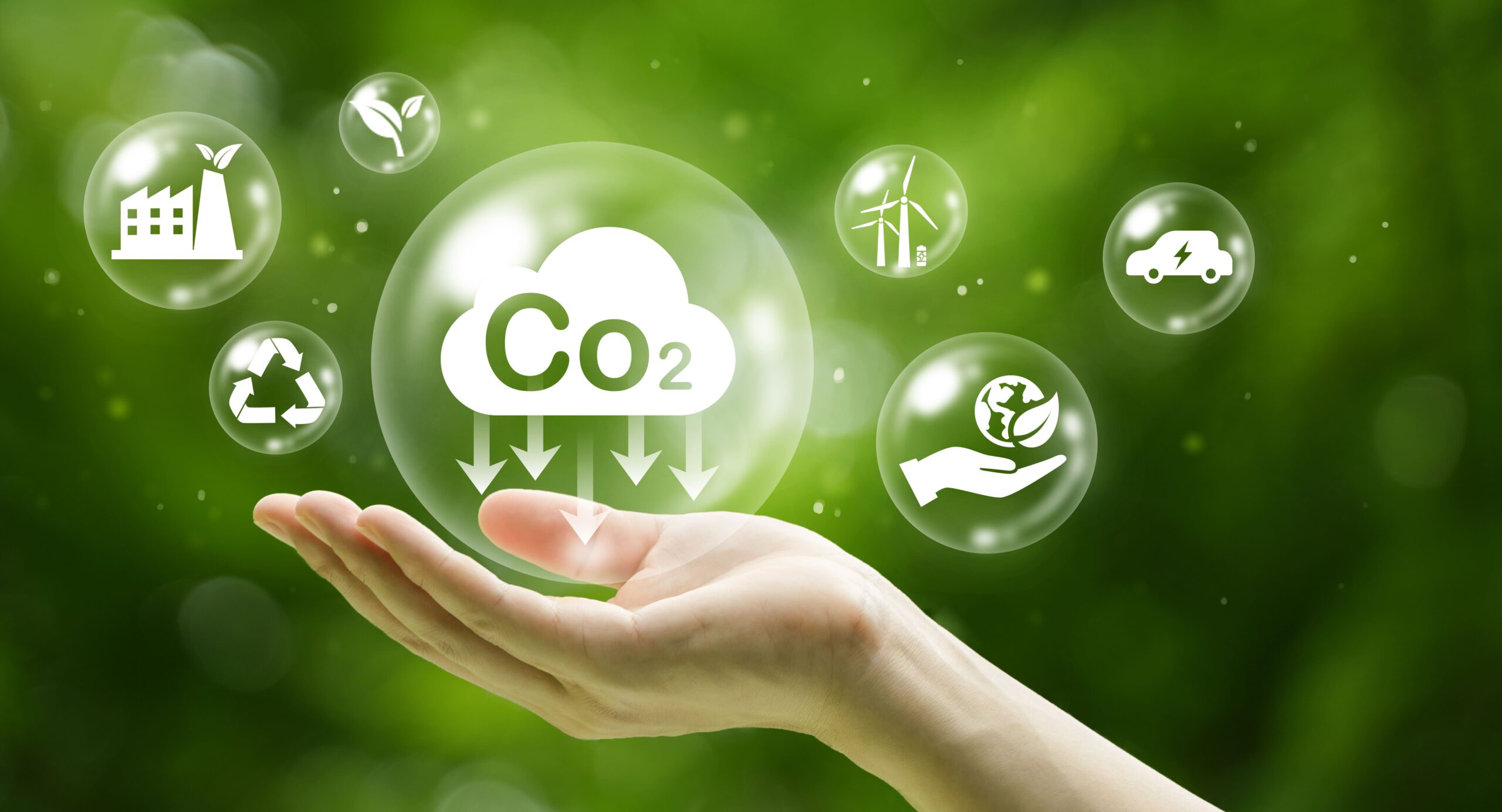
CARBONARA Project
BPA-free, biobased and recyclable polycarbonates obtained by CO2 conversion
Polycarbonates (PCs) are versatile polymers, widely used in sectors such as automotive, construction, consumer goods, medical devices and textiles. The global market for PCs is expected to reach €31.1 billion by 2030. However, their traditional production, based on petroleum-derived bisphenol-A (BPA) and phosgene, raises serious environmental and health issues. BPA, an endocrine disruptor, limits the use of PCs in food contact applications, while phosgene, a highly toxic gas, imposes strict industrial safety measures. In addition, halogenated flame retardant additives make it difficult to recycle PCs at the end of their life.
The aim of the CARBONARA project is to develop biosourced PCs, free from BPA and phosgene, with improved recyclability thanks to CO2 recovery. Unlike existing partially biobased solutions, CARBONARA will rely on 2nd and 3rd generation resources, such as terpenes and diols derived from biomass, to avoid competition with food crops. Two routes will be explored: the polymerisation of epoxidised terpenes (ETP route) and the direct carbonation of biosourced diols (DCD route), using CO2 as the carbon source.
54-month period – €2.14m budget
The consortium
CEA, CNRS, Toulouse INP ; Université Claude Bernard Lyon 1.
Coordination

More projects


